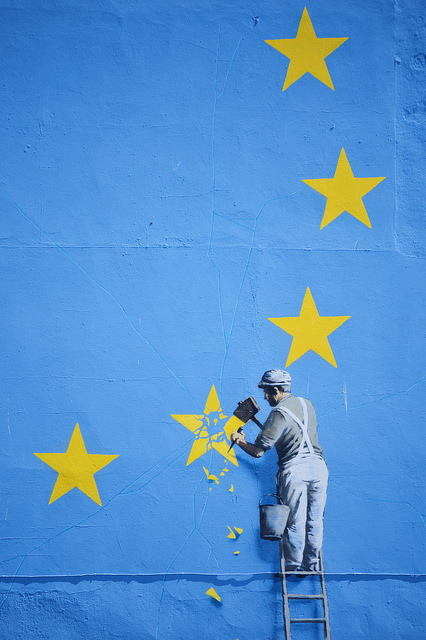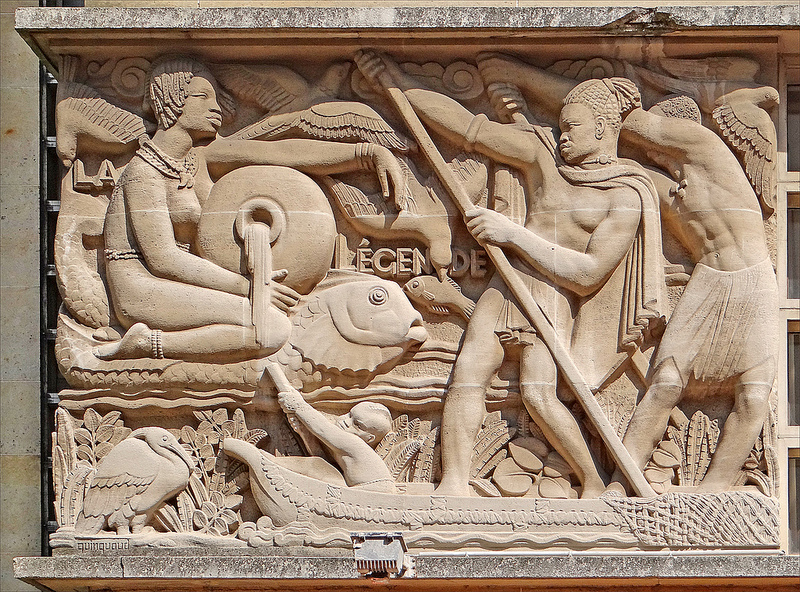Abstracts of the articles

Europe, region and unity
It is an understatement to say that the Catalan issue has revealed an avalanche of unspoken things and contradictions : Beyond the Spanish situation, it brings us back to the relationship between the Union and the Nation and, more generally speaking, to the link between legality and sovereignty. Catalonia or the egotism of the rich. The Catalan claim should be appreciated for what it is : The will of the rich to isolate themselves from their community of origin and benefit from self-segregation. We can however add history and identity, that makes this issue uncomfortable and remains a source of ambiguity. But let us not be mistaken : It is selfishness of the priviledged that don’t want to for the collective solidarity anymore. In fact they proclaim it openly : « We provide 20% of the Spanish GDP, why should we pay for the rest of the country ? ». This point raises one of the essential roots of national cohesion, that of territorial solidarity. […]
The Malian ordeal
After the thawing of the bipolar order of the cold war, a certain number of States were subjected to strong internal constraints that weakened them nay threatened their very existence ( dissidence, internal conflicts, ethnoreligious conflicts, mafias and latent criminality). But the collapse of some of them would alter the established order of Yalta, or even that of Westphalia. The French armed forces were therefore engaged on the outside, in emergency situations and in support of the endangered States. After the missions in ex-Yugoslavia and in Rwanda in the 1990’s, there were the expeditions in Afghanistan in the 2000’s and then those of Libya, the Ivory Coast, Malia and the CAR. Not forgetting the incessant maritime battle against piracy and narcos. It was about preserving a certain state of organization of the world founded on the States, basic pawns of the international society, actors of joyful globalization. In the legal framework of the United Nations Security Counsel, military action was lead within coalitions supported more or less directly by the UN, NATO or the EU.
These military actions contrasted with the anterior missions of support and peace driven according to the Agenda for Peace of the UN or the Petersberg Tasks of the EU. They were high intensity combat missions in a Euro-Atlantic collective. This was not the case however in Malia. The Serval operation triggered in the beginning of 2013 showed France was very lonely on the front line. Operation Barkhane that replaced it, and tthe Sahel G5 force that could support it or substitute it remained just as solitary. Notice that there is for France a strong strategic exposure in a Malia whose security and political situation evades them. […]
Lorgnette : The Chinese CINC
JDOK
Crédit : Rob Shenk via VisualHunt.com / CC BY-SA



